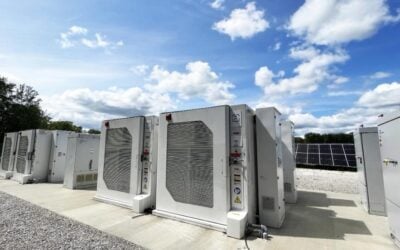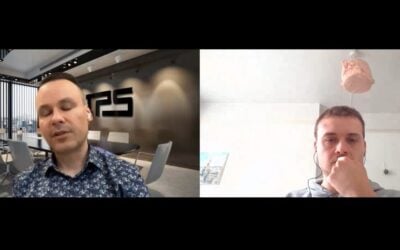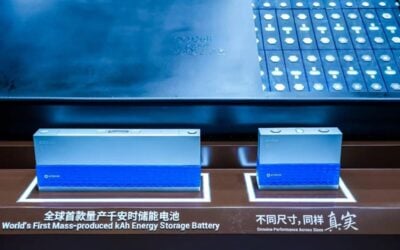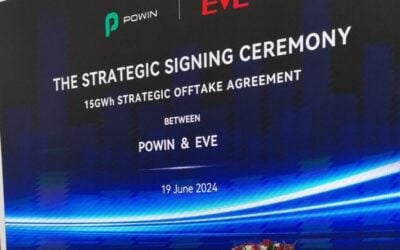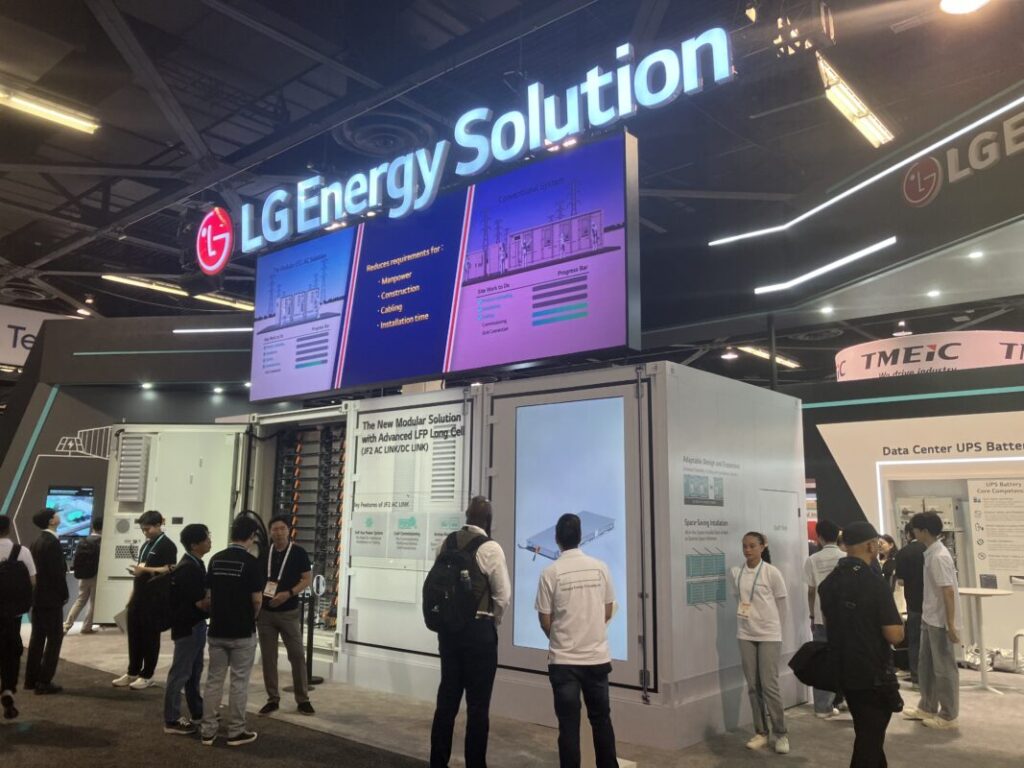
LG ES Vertech has signed a 7.5GWh battery energy storage system (BESS) project deal with Excelsior Energy Capital.
The system integration arm of battery and storage system manufacturer LG Energy Solution (LG ES) and US renewable energy investor Excelsior Energy Capital announced the multi-year agreement yesterday (19 December).
Enjoy 12 months of exclusive analysis
- Regular insight and analysis of the industry’s biggest developments
- In-depth interviews with the industry’s leading figures
- Annual digital subscription to the PV Tech Power journal
- Discounts on Solar Media’s portfolio of events, in-person and virtual
It covers the supply and integration of US-manufactured BESS solutions. Both parties claimed they would meet domestic content requirements to qualify for higher incentive rate adders under the US federal investment tax credit (ITC) policy unlocked by the Inflation Reduction Act (IRA).
First deliveries are scheduled to begin in April 2026 for an undisclosed contract length. Systems will comprise LG Energy Solution’s containerised lithium-ion (Li-ion) BESS featuring lithium iron phosphate (LFP) cells.
They will be onboarded with LG ES Vertech’s AEROS software controls and analytics suite, while Vertech will provide all system integration and related services to support the Excelsior projects throughout their lifecycles.
Excelsior Energy Capital co-founder and partner Anne-Marie Denman said the system integrator was selected for its “ability to support us throughout the project lifecycle with exceptional services, software, and products ” and its supply of US-made products.
Details on specific projects were not disclosed, although Denman said the move will assist Excelsior in expanding its presence in the US energy storage market.
It follows a similar deal announced in July this year between Excelsior and LG ES Vertech’s rival system integrator Fluence for the supply of 2.2GWh of BESS, also utilising US-made content. Fluence manufactures battery modules out of a factory in Utah, and its cell supplier, AESC, is making products from a retooled electric vehicle (EV) battery factory in Tennessee.
Excelsior invests in North American solar PV, wind and battery storage projects, closing its inaugural US$504 million renewable energy fund in early 2021 and launching solar and storage development platform Lydian in April.
Later that month it signed a 2GW solar module supply deal with PV manufacturing startup Heliene, also including domestic content products. In October, Excelsior tapped up AI-driven asset management startup Proximal Energy to optimise a 2GWh BESS fleet from the investor’s project pipeline in the US.
Demand for domestic content outstrips supply
Meanwhile, for LG ES Vertech, the Excelsior agreement follows the November announcement of an 8GWh four-year supply deal with Terra-Gen. Utility-scale solar PV and battery storage project developer Terra-Gen is behind the Edwards & Sanborn solar-plus-storage project, which featured the world’s biggest BESS installation at 3.28GWh when it went online at the beginning of this year.
LG ES Vertech was established by the South Korean battery manufacturer in 2022 to capture full value chain opportunities in the North American energy storage market.
LG Energy Solution acquired the assets and IP of once-industry-leading system integrator NEC Solutions, including the AEROS platform, after Japanese parent company NEC pulled the plug on its system integrator subsidiary in 2020.
LG ES is establishing 16GWh of annual battery cell production capacity for BESS applications in the US. Like Fluence’s supplier AESC, LG ES is retooling EV battery production lines.
The South Korean company’s original plan had been to build a dedicated BESS cell factory in Arizona.
However, based on lower-than-expected EV demand in the US, LG ES has instead decided to maximise capacity utilisation from its existing lines, LG ES energy storage division head Hyung Kim and LG ES Vertech CEO Jaehong Park told Energy-Storage.news Premium at an interview earlier this year.
The pair said, however, that the Arizona factory remains in the company’s long-term plans, speaking at the RE+ clean energy industry show in California in September.
“We place great value in being a long-term partner to our customers, supporting projects throughout their lifecycles with services and software that enable success well beyond project commissioning,” Hyung Kim said yesterday of the Excelsior deal.
In November, ESN Premium heard from US tax credit deal ecosystem Crux that around 8% of tax credit transfer deals for energy storage projects traded on its platform had included the ITC domestic content adder.
Katie Bays, Crux policy and research strategist, said this compared to about a third of solar PV projects on its platform. Demand for US-made batteries is “very high” across power, industrial and transport sectors, Bays said, with the expected boom in domestic manufacturing still in its early stages.


